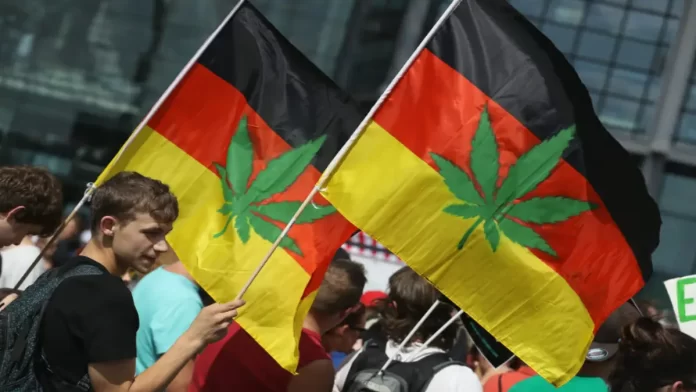Germany is poised to legalize marijuana, marking a groundbreaking shift in the country’s approach to cannabis. According to reports from German publications, the legalization process is anticipated to commence on April 1, allowing for the cultivation and storage of up to 50 grams of the drug.
Under these new regulations, individuals will have the freedom to engage in personal cultivation and storage of a specified quantity, marking a progressive step toward more lenient cannabis laws. This move is expected to have a substantial impact on the accessibility and perception of marijuana within the country.
Moreover, a noteworthy development is set to unfold in July, with the introduction of “social cannabis clubs.” These clubs will play a pivotal role in the distribution process, allowing members the opportunity to purchase marijuana legally. This innovative approach aligns with evolving attitudes toward cannabis use and aims to regulate the market responsibly.

Marijuana
The main psychoactive compound in marijuana is delta-9-tetrahydrocannabinol (THC), which interacts with receptors in the brain, leading to alterations in perception, mood, and consciousness.
Marijuana is commonly consumed by smoking the dried flowers and leaves of the Cannabis plant, although it can also be vaporized, brewed into teas, or incorporated into various edible products. Medicinal uses of marijuana include pain relief, alleviation of nausea and vomiting in chemotherapy patients, and stimulation of appetite in individuals with certain medical conditions.
The legal status of marijuana varies worldwide, with some countries and regions legalizing its recreational and/or medicinal use, while others maintain strict prohibition. It continues to be a topic of ongoing debate and evolving legislation in many places.



